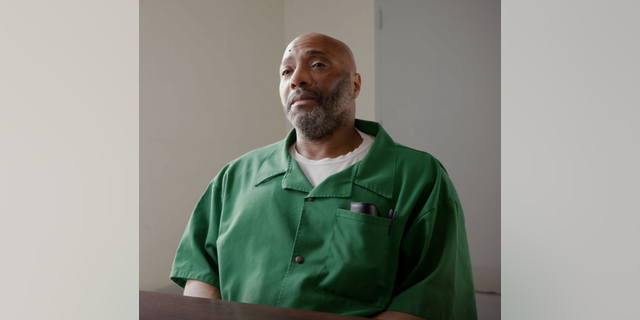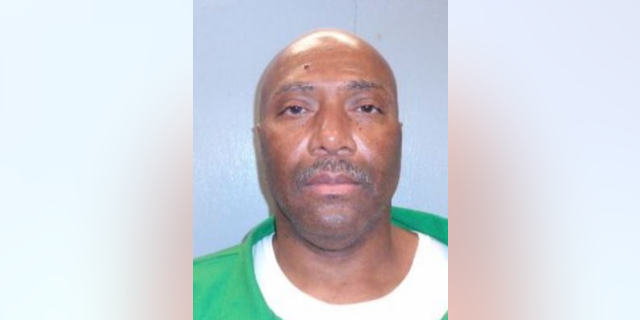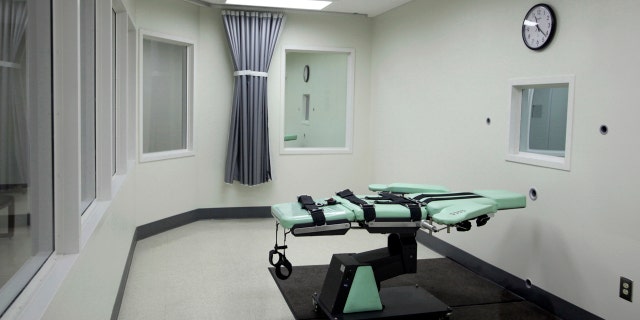Fox News Flash top headlines for April 7
Fox News Flash top headlines are here. Check out what’s clicking on Foxnews.com.
The South Carolina Supreme Court has allowed the execution of a man on death for more than two decades to proceed after the corrections department said last month it had finished renovating the death chamber to prepare for executions by firing squad.
The clerk of the State Supreme Court has set an April 29 execution date for 57-year-old Richard Bernard, who was convicted in 2001 of killing a convenience store clerk in 1999.
Richard Bernard Moore has been on death row for more than 2 decades.
(Justice 360 via AP)
By law, Moore will be asked to choose his method of execution – either the electric chair or firing squad – 2 weeks before execution day, according to the South Carolina Department of Corrections (SCDC).
Last year, state lawmakers altered capital punishment law to work around a decade-long pause in executions, attributed to the SCDC’s inability to procure lethal injection drugs.
The new law made the electric chair the state’s primary means of execution while giving prisoners the option to choose their preferred method of execution – if those methods are available.
SCDC notified state officials last month that it had finished developing protocols for firing squad executions and completed $53,600 in renovations on the death chamber at the Capital Punishment Facility in Columbia.
South Carolina is one of eight states to still use the electric chair and one of four to allow a firing squad, according to the Washington-based nonprofit Death Penalty Information Center.
A mugshot of Richard Bernard Moore.
(South Carolina Department of Corrections)
Moore exhausted his federal appeals in 2020, and the state Supreme Court denied another appeal this week. Lindsey Vann, an attorney for Moore, said Thursday she will ask the court to stay the execution.
Last month, Vann said South Carolina will join the likes of China, Iran, and North Korea, if executions were allowed to proceed by firing squad.
“By adopting the firing squad, South Carolina has become an outlier, reverting to an execution method previously abandoned by most jurisdictions as barbaric,” she said.
Moore was sentenced to death in 2001 after being convicted of murder, assault with intent to kill, armed robbery, and firearms violations.
Prosecutors said Moore entered a convenience store in Spartanburg County in September 1999 looking for money to support his cocaine habit and got into a fight with the store clerk, who drew a pistol that Moore wrestled away from him.
The clerk, James Mahoney, pulled a second gun, and a gunfight ensued. Mahoney shot Moore in the arm, and Moore shot Mahoney in the chest. Prosecutors said Moore left a trail of blood through the store as he looked for cash, stepping twice over Mahoney.
At the time, Moore claimed that he acted in self-defense after Mahoney drew the first gun.
Moore’s supporters have argued his crime doesn’t rise to the level of heinousness in other death penalty cases in the state. His appeals lawyers have said that because Moore didn’t bring a gun into store, he couldn’t have intended to kill someone when he walked in.
This Sept. 21, 2010 file photo shows the interior of the lethal injection facility at San Quentin State Prison in San Quentin, Calif.
(AP)
South Carolina’s last execution took place in 2011, and its batch of lethal injection drugs expired two years later. There are 35 men on death row in South Carolina.
Support for the death penalty has waned significantly. Last year, states and the federal government carried out 11 executions – the fewest since 1988.
The Associated Press contributed to this report.
Source: Read Full Article









